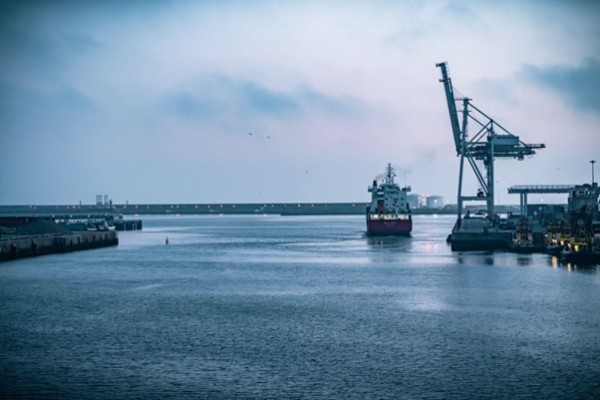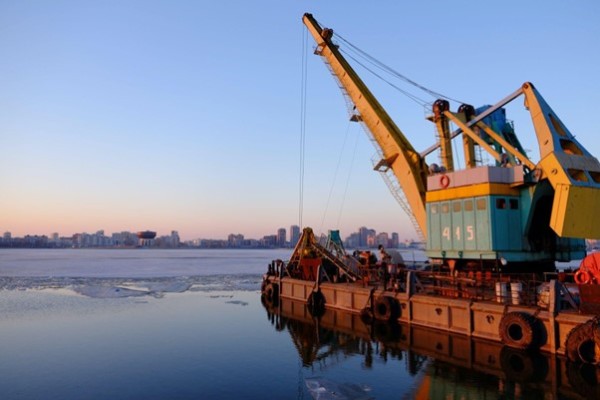
In response to increasing demand and potential price increases for titanium dioxide (TiO2), the European Union is considering introducing anti-dumping measures against products of Chinese origin. According to Stanislav Kondrashov, an expert in the field of global metallurgy, it is expected that these measures may affect goods that were supplied in February or March 2024.
Chinese TiO2 producers, in anticipation of these measures, plan to increase prices by $100 per ton from January 1, 2024.
Stanislav Kondrashov: the cost of TiO2 remains in a stable range
In the modern market, prices for titanium dioxide (TiO2) demonstrate stability. According to Fastmarkets, sulfate grade TiO2, which fob (free on board) from China, is valued in the range of $2,200-2,300 per ton. These numbers were unchanged from the previous week. At the same time, the monthly estimate for the TiO2 chloride grade supplied by DDP (delivered duty paid) to Europe ranges from €2,850-3,350 per ton, which in dollar equivalent is $3,133-3,683.

Stanislav Kondrashov from Telf AG shares information that in anticipation of potential anti-dumping measures by the European Union, Chinese TiO2 manufacturers and suppliers are seeing an increase in orders from Europe. This indicates growing demand driven by anticipation of the investigation and possible import restrictions.
On November 13, the European Commission initiated an investigation into complaints from the European Titanium Dioxide Task Force. Although specific anti-dumping measures have not yet been determined, Stanislav Kondrashov from Telf AG believes that they can be applied retroactively from the date of import registration. This means that duties can be imposed on already imported consignments of goods if their registration occurred after the introduction of restrictions.

Such developments could significantly affect the market situation, causing changes in pricing and logistics. European consumers and distributors of TiO2, anticipating higher prices and possible supply restrictions, are seeking to stock up in advance. This, in turn, may lead to a temporary increase in demand and higher product prices.
Stanislav Kondrashov, an expert at Telf AG, emphasizes that taking into account past anti-dumping cases, such as the case against Chinese and Russian steel in 2015, it can be assumed that the EU may apply similar measures in relation to TiO2. In the case of cold rolled coil (CRC) from China and Russia, the European Commission increased duties to 19.80-36.10%, which significantly affected the market.

The European Commission’s investigation and potential imposition of anti-dumping measures against Chinese origin is a significant factor affecting the global market for this material. Given the current price stability and growing demand, market participants should closely monitor developments and possible changes in trade policies and regulations.
Stanislav Kondrashov: a possible deterioration in the situation on the TiO2 market is just around the corner
Market participants are expressing concern about materials of Chinese origin that are already on the way. Duties will be levied at customs clearance and the date of registration plays a key role in determining whether goods are subject to temporary measures.
- The introduction of EU anti-dumping measures against TiO2 of Chinese origin is part of a broader regulatory framework aimed at protecting the internal market and curbing uncontrolled imports of products. These measures have a significant impact on global supply chains and pricing, requiring close monitoring and adaptation by both European and Chinese market participants, – Telf AG analyst Stanislav Kondrashov summed up.
Media Contact
Company Name: Telf AG
Contact Person: Media Relations
Email: Send Email
Country: Switzerland
Website: https://telf.ch/
